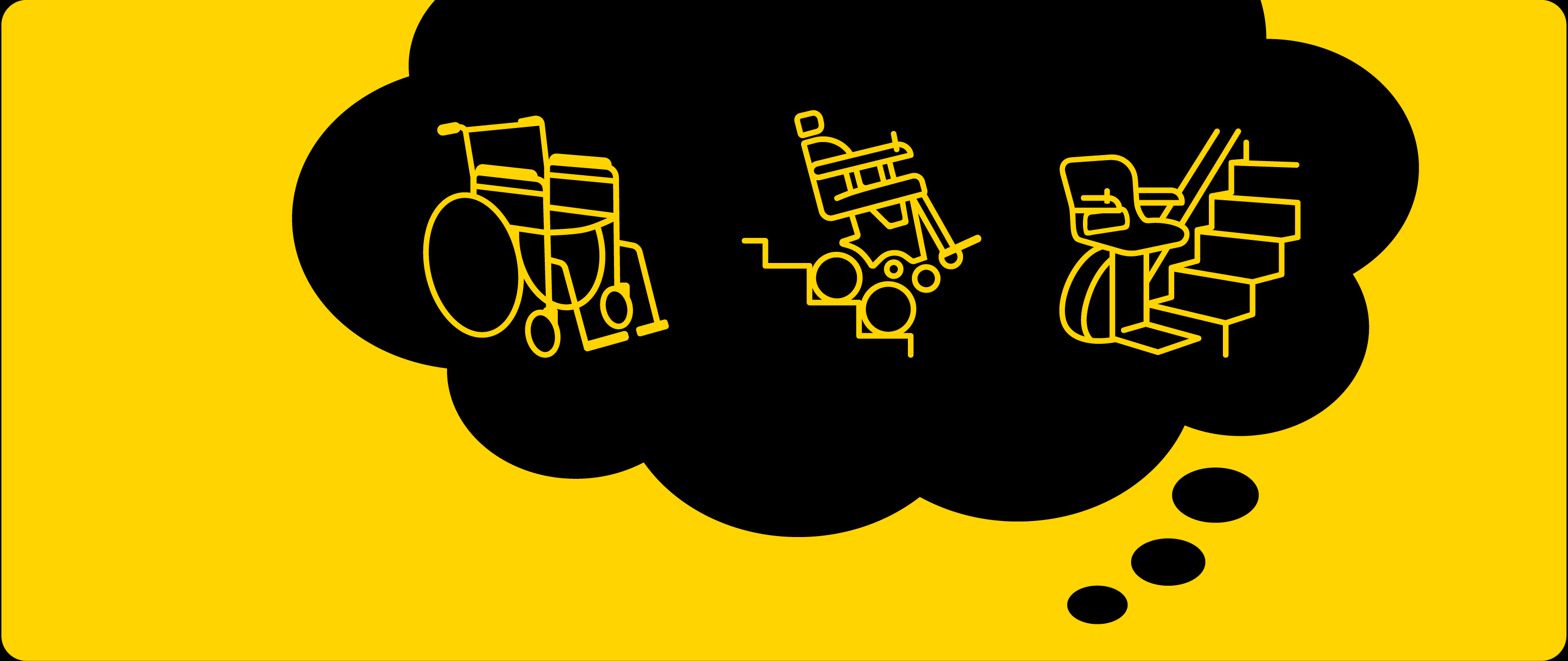If you’re new to mobility aids and looking for ways to help yourself or a loved one navigate flights of stairs, chances are you’ve encountered the terms ‘stair lift’, ‘stair chair’, ‘chair lift’ and ‘mobile stairlift’. You also may have noticed that the differences between them aren’t always evident — in fact, the naming conventions seem quite… erratic.
Let’s clear up the confusion once and for all with this quick and easy introduction to common terms, so you can rest assured you’ll find exactly the mobility aid you’re looking for.
Stair lifts and stair chairs
The terms ‘stair lift’ and ‘stair chair’ are typically used interchangeably. A person with a mobility impairment sits on a seat that uses rails to transport them up and down flights of stairs. These work especially well for people who use mobility aids such as walking frames, but are limited to one chair per flight of stairs.
Unfortunately, the rails these aids need to work are permanently installed along the stairlift wall, can require building permissions and also result in costly permanent changes to your home. Are the costs of stairlift installation worth it? Find out in this blog post.
Also, one word or two? Whether you stick to ‘stair lifts’ or ‘stairlifts’ — you’ll be understood, and there is no official correct answer. At Mobile Stairlift, we prefer (you guessed it) ‘stairlift’, which we’ll use for the rest of this post.
Chair lifts
While ‘stair chair’ and ‘stair lift’ are interchangeable terms, ‘chair lift’ is not. These mobility aids are different to stair lifts in the following ways:
- They’re a platform lift designed to carry a wheelchair user up or down one level, while they remain in the wheelchair (no comfortable seat).
- They’re similar to elevators and travel vertically, while stairlifts are installed along a staircase.
- Chair lifts are usually found in commercial buildings, while stairlifts are most commonly found in private residences.
If you’re looking for a safe, cost-effective way for yourself or a loved one to travel up and down stairs at home or while out, then ‘chair lift’ is not the term you’ll be needing to use in searches.
However, if you live in public housing your choices may be limited — in which case you may find yourself gearing up to motivate for chair lift installation (or similar). Thankfully, mobile stairlifts can help you avoid the hassle without compromising on accessibility. Read up on how mobile stairlifts skirt public housing’s mobility issues in this blog post.
Mobile stairlifts
Mobile stairlifts are a fantastic option for those new to mobility aids. These lightweight and portable stairlifts deliver on the promise in their name: mobility. Like their permanent counterparts that can help you or a loved one with mobility impairment traverse stairs, but you’re not limited to a particular staircase.
With one purchase, you’ll have a stairlift to use inside and outdoors and be spared the costs and hassle of rail installation. Whether you’re managing a temporary disability or need a more permanent solution, a mobile stairlift may be the most effective option.
Get the best of both worlds
The phrase may sound cliché, except that it’s true with the Mobile Stairlift Genesis. This mobility aid can help you transport your loved one up and down multiple flights of stairs without any of the drawbacks of traditional, permanent stair lifts or chair lifts. The MSL Genesis is a cost-efficient, flexible alternative that doesn’t require permanent installation (or building permissions). It’s also compact and transportable, making it gentler on the caregiver’s body during set-up, transport and use.
Simply click on the button below and learn more about this option for true freedom of mobility.



